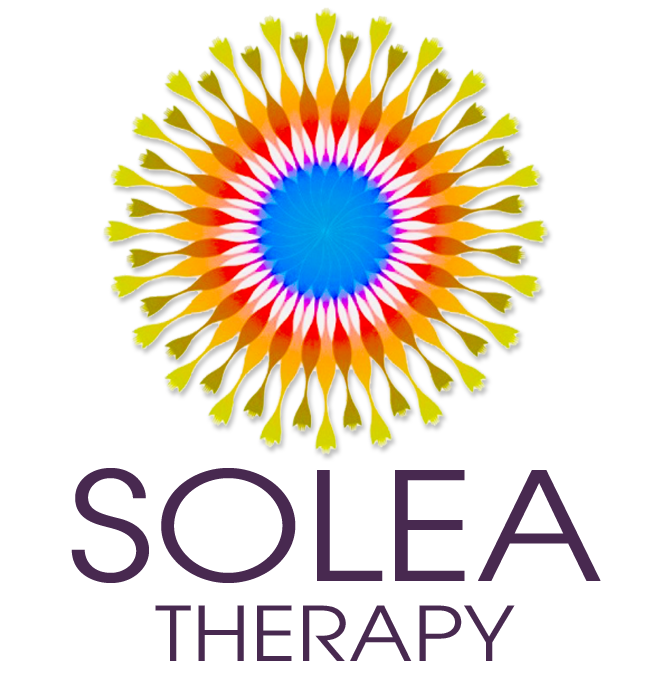"Awareness brings the gift of choice that lets us decide on how we want to relate to the world."
We all go through periods of intense stress, worry or sadness. I admire your decision to seek help in the midst of all that you have going on. Therapy can help you grow through these experiences, become more resilient and discover a more fulfilling life.
When a client brings me their story, we work together to understand it, through trust, humor, creativity, and perseverance. I believe everyone can harness their own potential to live a more aware and satisfying life. My style has been described as down to earth, warm and nonjudgmental.
I've worked successfully with clients who are grappling with a range of issues, including depression, anxiety, overwhelming stress, addiction, relationship problems, life transitions and grief and loss.
I am trained in clinical psychology. This means I look at the whole person - their background, their experience, the culture around them - to understand the issue they've come to therapy to work on. I draw on various modalities that I feel would best fit the needs of my clients, including psychodynamic therapy, mindfulness, relational therapy, assertiveness training and cognitive behavioral therapy. I also have taught mindfulness in hospitals, recovery centers, college student groups and family therapy.
I will assist you to learn ways to reduce suffering, develop authentic assertiveness, and build a stronger connection with the inner wisdom that leads the way to a more peaceful and satisfying way of being in the world.
Therapy Approaches
Mindfulness
With mindfulness we can tap into our basic human ability to be aware of our own mental, emotional and physical processes. Awareness brings the gift of choice that lets us decide on how we want to relate to the world. The mindfulness approach helps us live life in the moment, can reduce stress, increase clarity and develop attitudes that will promote overall wellness.
Psychodynamic
Becoming “unstuck” is a process of recognizing recurring patterns that relate to emotions, thoughts, early-life experiences and beliefs. Everyone has experienced situations and emotions in their upbringing and past that consciously and subconsciously affect their day-to-day choices, perceptions, and behaviors. Gaining these insights can help address present day problems.
Cognitive Behavioral Therapy
While we cannot control every aspect of the world around us, we can take control of how we interpret and deal with things in our environment. By becoming aware of the negative and often unrealistic thoughts that influence our feelings and moods, we are able to use techniques to engage in healthier thinking patterns.
Self-compassion
Recognizing one's own humanity, and the fact that all people are imperfect and experience pain, helps to turn understanding, acceptance, and love inward. Unlike self-pity or self-indulgence, self-compassion is often a skill that needs to be developed. By extending compassion, instead of harsh criticism, to oneself greater emotional equanimity is experienced.
Let's Talk
The first step in therapy is talking. Let's find a time where we can meet and talk about what's on your mind.
All Rights Reserved | Solea Therapy


